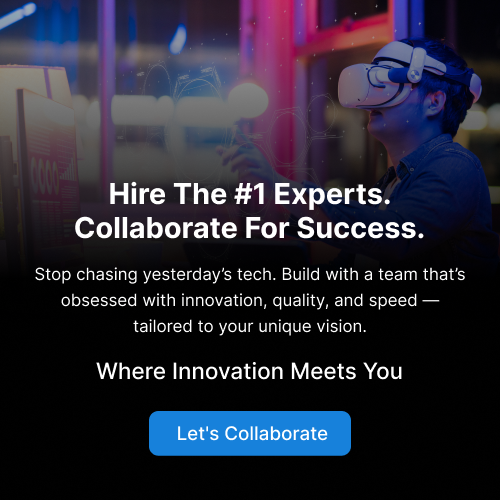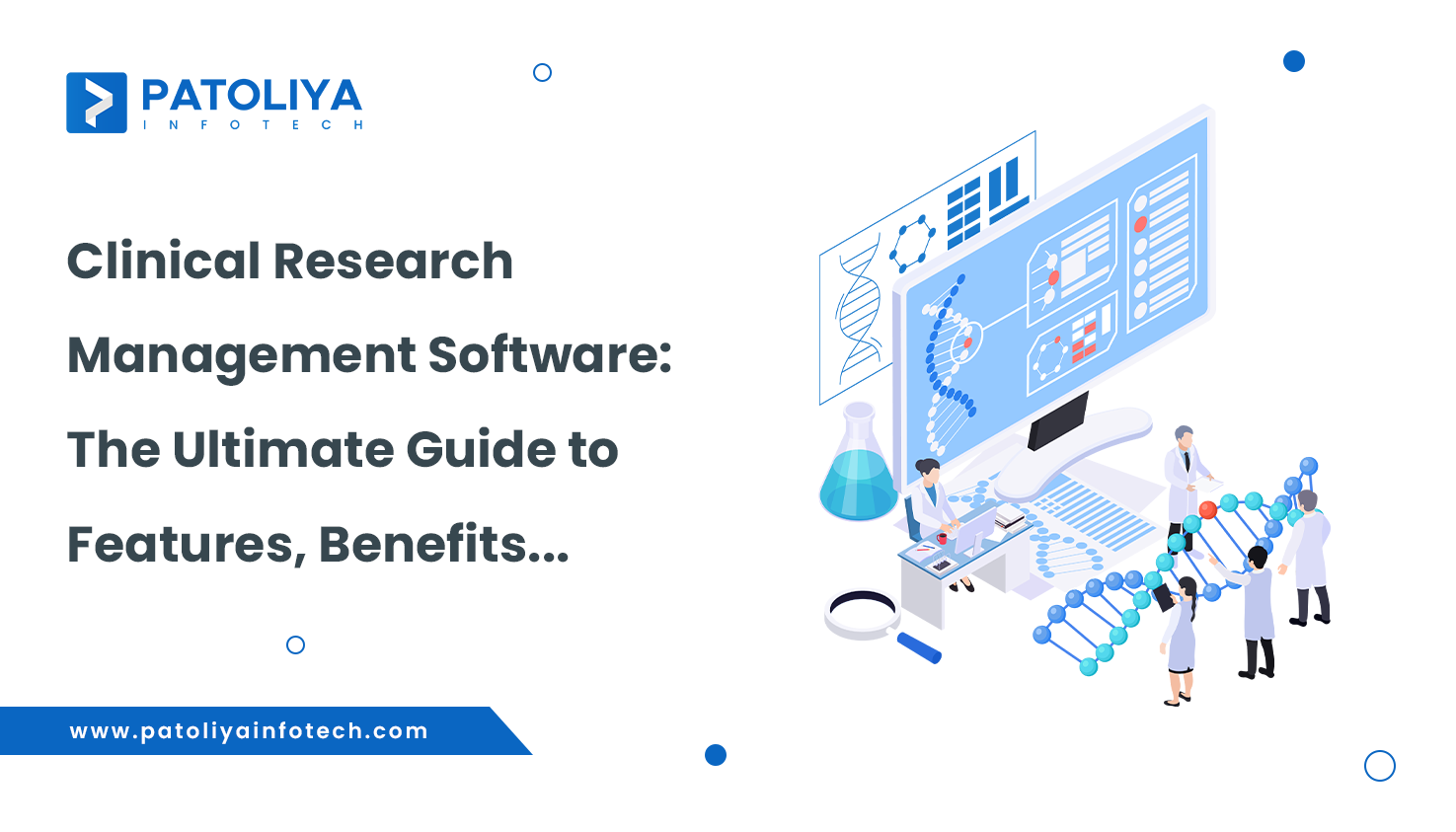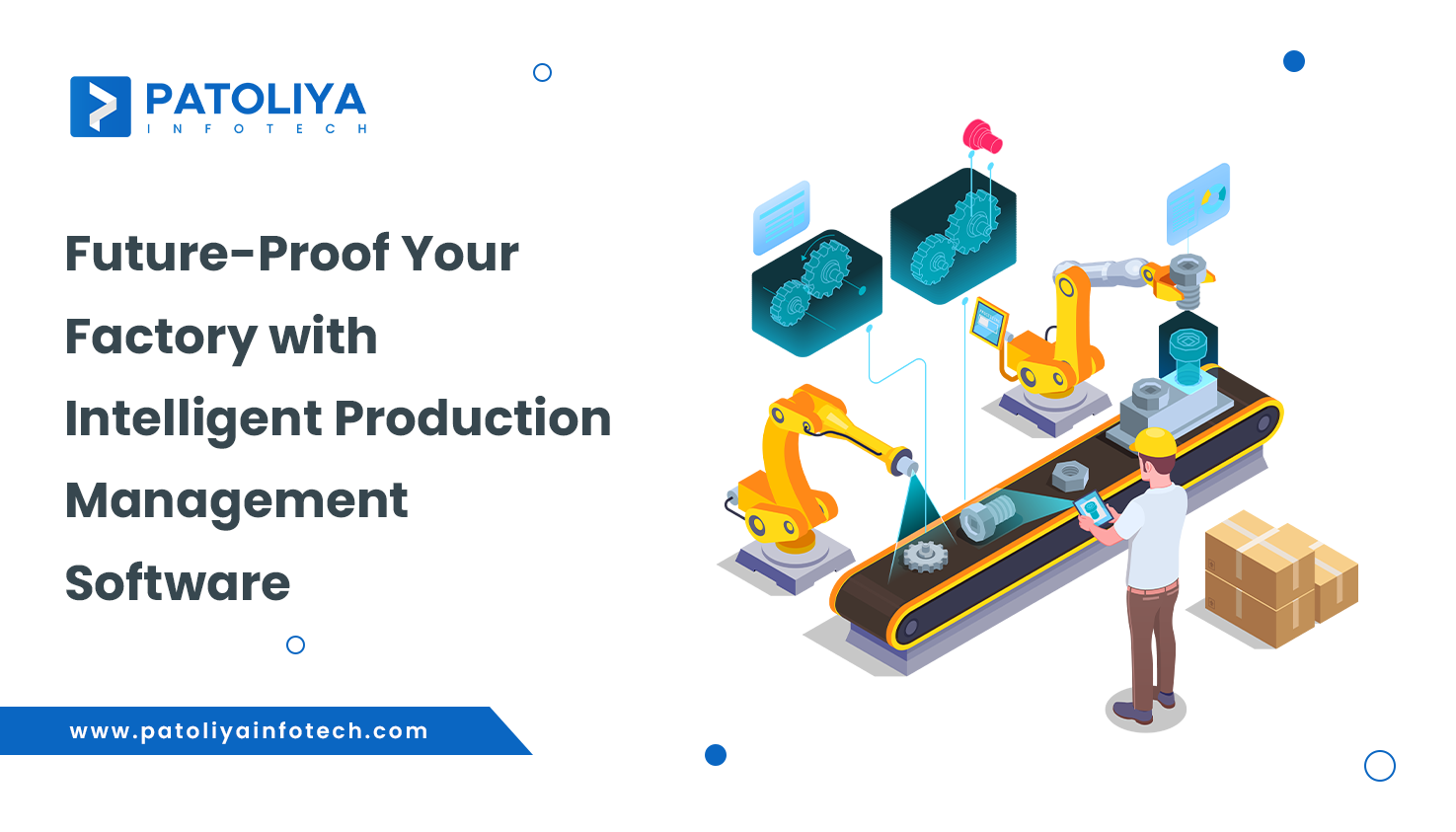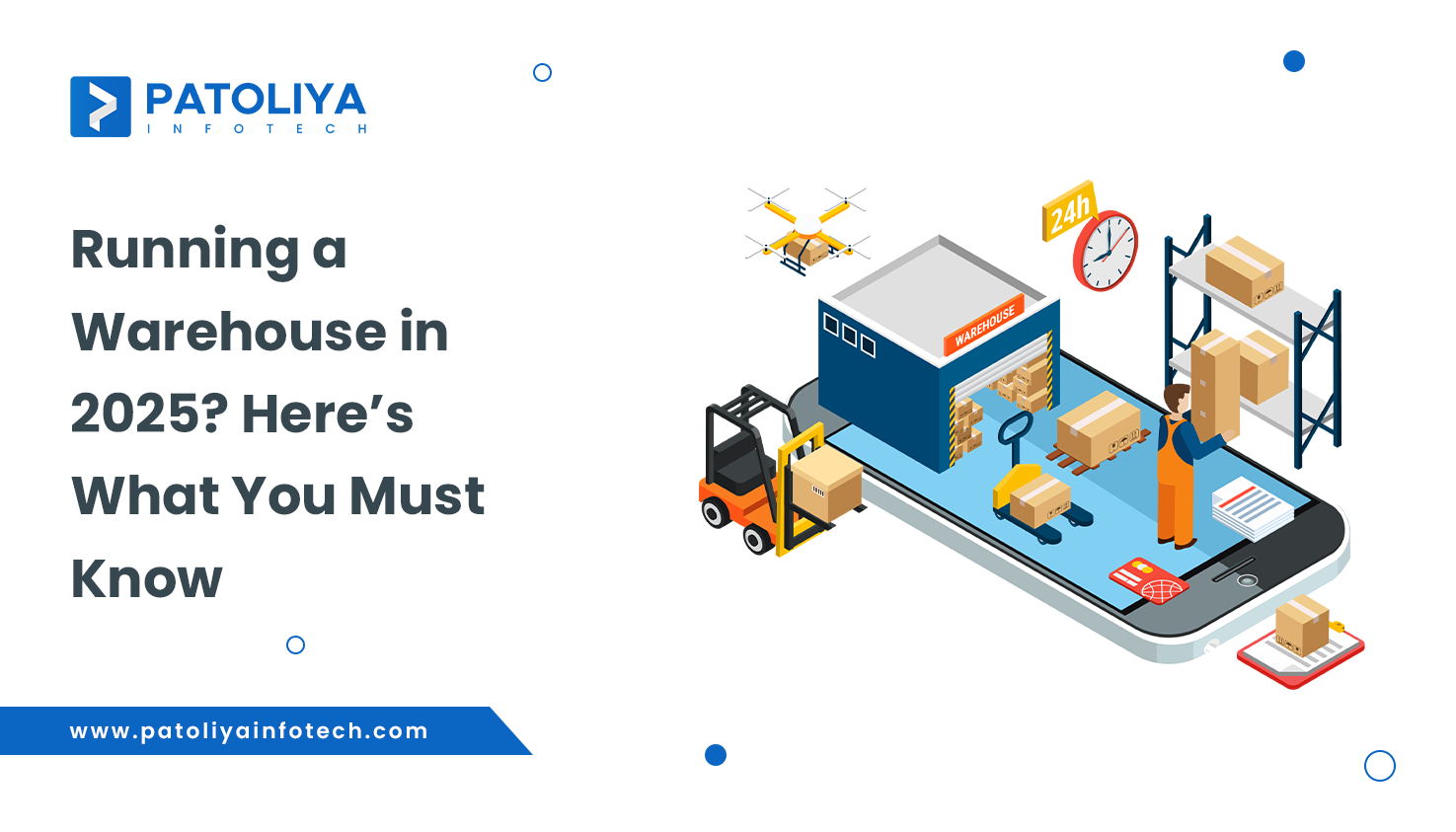Applications of AI Rebuilding Industries for a Smarter Future
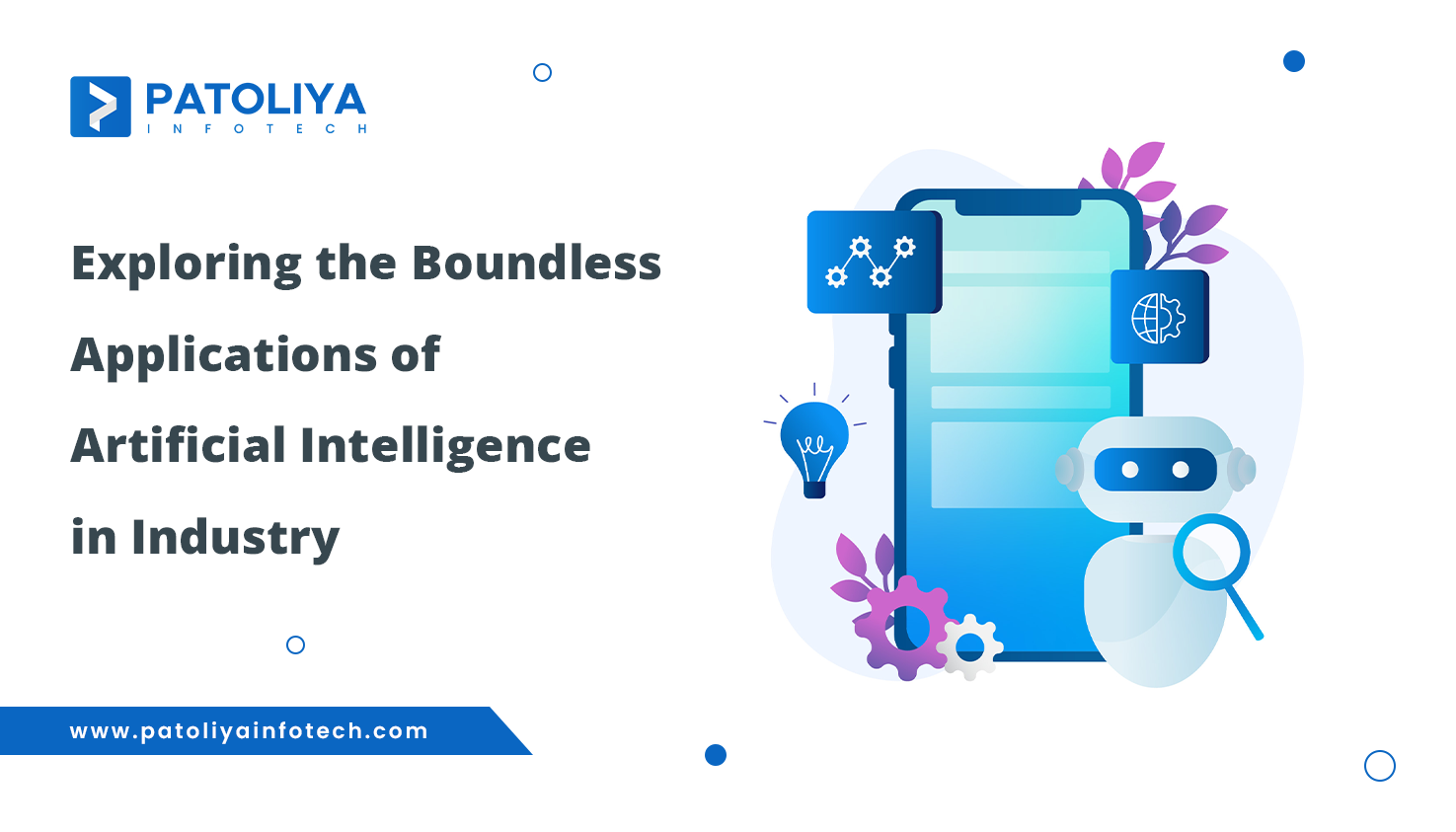
Table of Contents
Businesses' operations are being greatly changed by artificial intelligence (AI), which presents previously unheard-of chances for efficiency and creativity. The re-imagining of industries, which made them smarter, quicker, and more connected, is being driven by what was formerly thought of as futuristic. Industry-wide AI integration not only improves current practices but also opens up previously unthinkable opportunities, such as how AI might be employed successfully.
Fundamentally, AI makes use of automation, data analytics, and machine learning to increase productivity and streamline challenging operations. Its strength is in its capacity to quickly and accurately handle vast volumes of data, as well as in making predictions and judgments that help organizations stay one step ahead of their competitors. Automotive efficiency, cost reduction, and customer satisfaction are all impacted by revolutionary AI, which is also seen in industries like healthcare, finance, manufacturing, and product portability.
The A.I. claims that the future is clear, AI is not only a tool but a major force behind innovation and growth, assisting companies in understanding their full potential and overcoming the obstacles of the market of the future.
Revolutionizing Healthcare with AI
AI is quickly changing healthcare by improving speed, accuracy, and efficiency in many different sectors. The accuracy and speed of diagnosis are being revolutionized by AI-powered technologies in one of the most significant fields: diagnostic research. AI systems in pathology and radiology can evaluate tissue samples and medical pictures with remarkable accuracy, spotting anomalies like cancers or malignancies that would not be apparent to the human eye. This capacity not only expedites the process of precisely and promptly diagnosing.
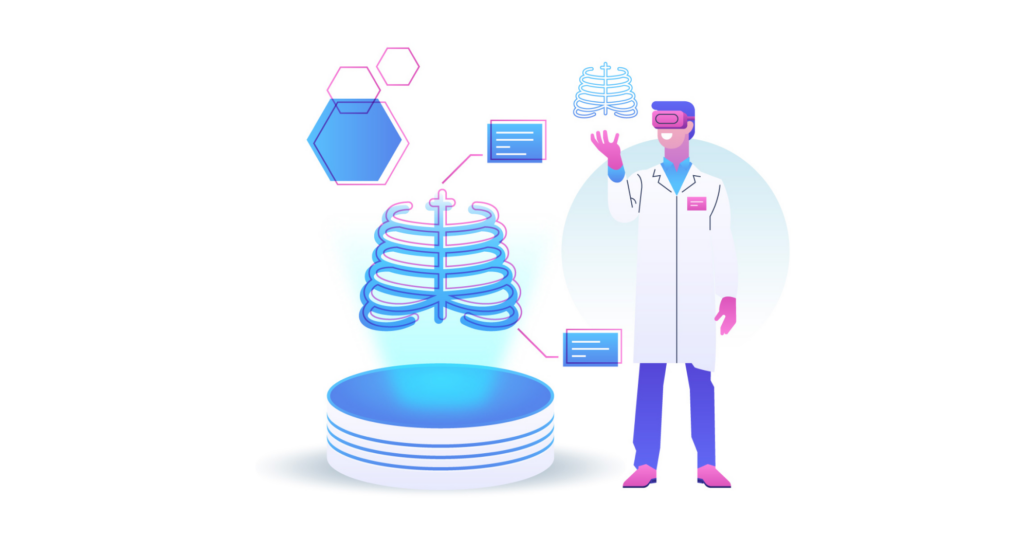
AI is also changing the way that tailored medicine is thought about. Artificial intelligence (AI) helps healthcare practitioners to customize treatment programs by integrating enormous volumes of patient data, such as genetic information, lifestyle decisions, and medical history. This raises the possibility that therapy will be successful, lowers the chance of adverse effects, and enables more specialized remedies. With the use of genomics advancements, artificial intelligence (AI) can evaluate genetic markers to develop tailored solutions for complicated diseases like cancer, offering a more effective and individualized approach than conventional therapies.
Meanwhile, artificial intelligence is changing the healthcare sector by increasing the effectiveness of existing systems. Hospital managers have used AI. In addition to improving operational effectiveness, these AI-driven tools also save expenses, enhance patient care, and shorten wait times. AI can realistically complete repetitive business operations, freeing up healthcare workers' valuable time so they may concentrate on providing high-quality treatment.
With its capacity to improve diagnostic clarity, expedite treatment, and simplify healthcare, artificial intelligence (AI) is not only benefiting the healthcare sector but also radically changing it for a more intelligent and efficient future. Are you prepared to advance your pharmacy? Find out how our Pharmacy Management Systems help improve patient care, decrease mistakes, and increase efficiency. Check out our offerings right now!
Smart Manufacturing: The Rise of Industry 4.0
Industry 4.0, which is being driven by advanced innovations like artificial intelligence (AI), robots, and the Internet of Things, is causing a major change in the manufacturing sector. In order to provide a competitive edge in a rapidly expanding global market, Industry 4.0 truly blends data and sophisticated automation to make manufacturing processes more adaptable.
With AI-enabled automation and robotics at its core, manufacturing is being redefined through repetitive, precision-driven operations using robotics that are unmatched in precision. Using embedded AI, complicated production processes may be learned and adjusted to increase productivity and decrease mistakes. The fact that industry leaders like Tesla and Siemens are already using these developments to accomplish larger and quicker manufacturing processes demonstrates how smart factories are the way of the future.
Predictive maintenance in the building industry is one of the most revolutionary uses of AI. With the use of IoT sensors and complex analytics, AI can continually monitor device performance and identify any issues before they arise. This proactive strategy lowers maintenance costs dramatically, prolongs equipment life, and decreases unscheduled downtime. By avoiding expensive production time and guaranteeing seamless operation.
AI is also improving supply chain flexibility, which is becoming more and more important in the unstable global marketplaces of today. Manufacturers can respond swiftly to issues like delays in the delivery of raw materials or abrupt shifts in demand thanks to real-time data. Artificial intelligence (AI) examines enormous volumes of data to assist manufacturers in making quicker, more intelligent decisions that improve logistics, cut waste, and guarantee supply chains are simple to manage even during unpredictable times.
Driven by AI and Industry 4.0 technology, smart manufacturing aims to create businesses that are prepared for the future, not only optimize goods. From automating production lines to safeguarding operations with predictive maintenance and improving supply chains with real-time data, artificial intelligence (AI) is propelling manufacturing into a more intelligent, straightforward, and effective future.
Transforming Finance with Intelligent Solutions
AI is changing the economy by providing smart solutions that improve security, expedite processes, and provide a customized experience. Fraud detection is one of the most crucial, where AI systems safeguard companies by immediately identifying unusual trends. To identify irregularities like routine spending or illegal access, advanced algorithms examine vast volumes of data. In addition to stopping fraud before it gets out of hand, these systems give financial institutions a robust defense against new dangers in a world that is becoming more and more digital.
Investment strategies in retail and financial institutions are being revolutionized by AI-powered robo-advisors in the fields of wealth management and finance. These systems evaluate investing goals, risk tolerance, and market circumstances using complex algorithms to provide customized portfolio recommendations. Retail investors may now more easily enter the financial system thanks to robo-advisors, which provide data-driven, affordable guidance to occasionally wealthy people. They allow wealth managers to effectively manage a variety of customers' portfolios on a bigger scale, which is uncommon. AI-driven insights also improve decision-making.
The experience of financial services is being revolutionized by AI's capacity to assess user behavior. AI provides deep consumer insights by utilizing data from behaviors, preferences, and interactions, which enables businesses to predict customer demands and customize offerings. AI enables banks and fintech companies to connect with their clients through financial models, which include promoting preferences and aggressively addressing customer problems.
AI is reshaping the financial industry's future with these developments, going beyond simply improving current systems. Robo-advisors empower investors, advanced fraud detection secures transactions, and customization improves user experience. These smart solutions are essential for safe, effective, and customer-focused financial management.
AI has a lot of potential to improve the future, but it will require the correct attitude and application. Embracing this technology transformation with trust, accountability, and a common goal for a better, more intelligent future is important.
Retail Reinvented: The AI Shopping Experience
AI. Personalization at scale is one obvious shift. Sophisticated algorithms examine consumer preferences, past purchases, and browsing patterns to provide highly personalized product suggestions and focused advertising campaigns. In addition to significantly raising conversion rates, these AI-driven insights also seem to be making shopping more enjoyable and easy.One example of this is the criticism leveled against travel companies such as Amazon and Netflix for their equity-based recommendations, which keep users coming back and want more.
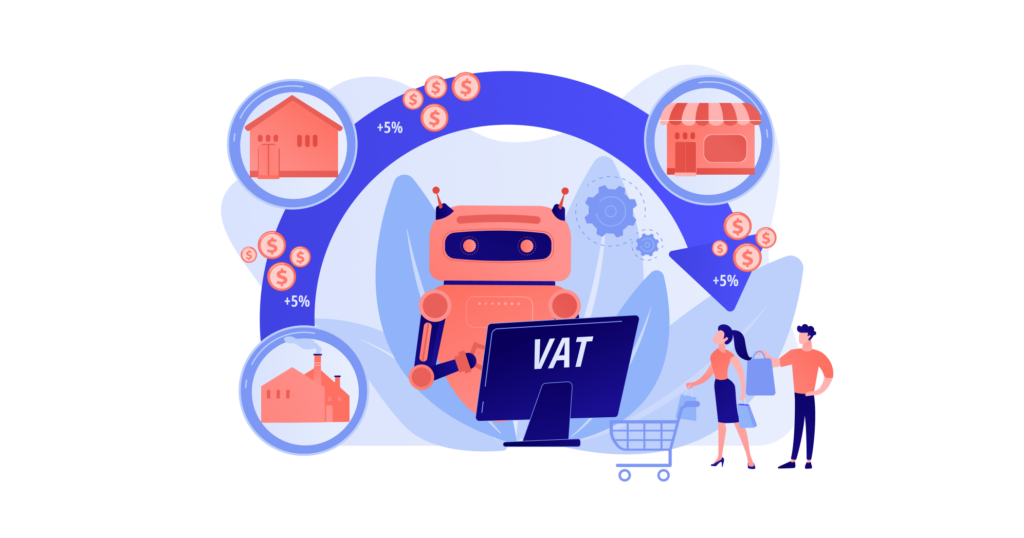
Predictive analytics powered by AI is revolutionizing inventory management behind the scenes. AI improves shops in managing inventory quality, guaranteeing constant high demand, and minimizing oversales or waste by examining product patterns, market trends, and outside variables like weather or holidays. Intelligent inventory management is a game-changer in today's retail climate, as provided by the deployment of these capabilities by retailers like Zara and Walmart to minimize inefficiencies, advance supply chain operations, and optimize profitability.
Through chatbots and virtual marketing helpers, AI is also revolutionizing consumer relationships. With the use of natural language processing, these online resources help consumers navigate their purchasing experience, respond to inquiries, offer product details, and even complete purchases. In the e-commerce space, these helpers provide round-the-clock assistance, bridging the gap between personal production and convenience. Virtual shopping assistants, which provide the ease of online shopping with an experience much like to in-store support, are set to become increasingly intuitive as technology advances.
AI is changing retail with tailored suggestions, inventory control, and interactive virtual assistants. Shopping will be smarter, more efficient, and more customized than ever in the future because to the integration of advanced customer-focused technologies. Do you want to know why PHP is the preferred option for e-commerce in 2025? Discover the main factors that contribute to PHP's strength, adaptability, and unparalleled effectiveness in creating profitable online enterprises!
Revolutionizing Transportation with Applications of Artificial Intelligence
Transportation is being revolutionized by AI, which is propelling advancements that increase sustainability, efficiency, and safety. Autonomous cars are setting the standard, and self-driving technology is revolutionizing mobility in the future. These cars navigate, identify impediments, and make judgments in two seconds to protect the safety of their occupants by utilizing AI-powered sensors, machine learning, and real-time data analytics. Companies like Tesla and Waymo are setting the standard for this technology in production; fewer accidents, better fuel efficiency, and other advancements are attainable and promising for the future. However, as this innovation progresses, it also raises ethical concerns about making decisions in difficult situations, underscoring the necessity of strict regulation.
Another development driven by AI is intelligent traffic management, which helps cities cut carbon emissions and congestion. These technologies improve traffic flow, modify signal timing, and offer dynamic road advice by evaluating real-time traffic data in order to lower accident rates. AI-powered solutions now offer seamless transportation, reduced environmental impact, and greater urban mobility in cities like Singapore and Los Angeles.
AI is revolutionizing supply chain operations and expediting the distribution process in logistics. Real-time analytics and predictive analytics help businesses cut down on delivery times, streamline operations, and improve inventory control. AI-guided drones and autonomous delivery robots are examples of last-mile technology that are increasing productivity and reducing expenses. These technologies are utilized by businesses such as FedEx and Amazon to satisfy the increasing demands of its clientele, which are dictated by increased delivery efficiency criteria.
A smarter and more connected future is taken in by the use of AI into transportation. In a world that is changing quickly, artificial intelligence (AI) is influencing how people and commodities move, from driverless automobiles to effective transit systems to advanced logistics solutions.
Education Enhanced by Artificial Intelligence
Artificial Intelligence is revolutionizing education by offering chances to increase learning assistance, optimize learning experiences, and boost organizational effectiveness. Personalized learning approaches, where AI-powered adaptive learning technologies modify material, pace, and difficulty according to each learner's needs, are among its most potent uses. Sites like Khan Academy and Duolingo give students the resources they need to learn subjects at their own speed, which improves comprehension and engagement. This method transforms a traditional, one-size-fits-all concept into a dynamic, student-centered experience while also empowering pupils.
The way that educators and students engage with educational resources is being transformed by AI educators. These technologies, which function as virtual assistants, offer on-demand assistance on a variety of difficult subjects, from addressing language skills to clarifying complex mathematics issues. AI supports educators by giving them information about students' performance and identifying areas that require assistance. AI-driven feedback systems and Carnegie Learning's MATHia are two examples of programs that have been effectively incorporated into classrooms to improve learning results and save crucial instructional time.
AI significantly lowers bureaucratic burdens in educational institutions by streamlining operational procedures. Automated tasks like scheduling, grading, and enrollment management considerably free up instructors' and administrators' time to concentrate more on kids and less on staff. AI is being used by institutions to guarantee efficiency, assign high-quality resources, track attendance, forecast enrollment, and manage admissions procedures.
AI makes education more effective, accessible, and inclusive by automating administrative work, assisting instructors, and customizing instruction. AI is positioned to close the gaps in education as it develops further, allowing both students and institutions to realize their greatest potential. AI offers the classroom unexpected advantages and exciting possibilities. Examine how artificial intelligence is transforming education and influencing the direction of learning, from individualized learning experiences to improved student results!
Navigating Challenges and Ethical Considerations in AI Adoption
AI offers revolutionary benefits, but as technology grows increasingly widespread in society, it also poses fundamental challenges and ethical issues. The main problem is the storage of information. To function properly, AI systems require vast amounts of personal data, which raises questions about how this data is collected, stored, and used. Personal information must be secured in order to maintain public confidence. Enterprises must adhere to best practices, such as anonymity, sound archiving, and open data handling policies, as well as strict data protection regulations, in order to achieve legal compliance.
AI automation's impact on corporate transformation is another significant obstacle. AI is replacing old jobs and opening up new product and service options, but it is also leaving many individuals unemployed. The workforce has to be prepared for an AI-driven future by proactive measures including education initiatives, skill-upgrading programs, and regulations that facilitate workers' move to growing industries.
Another significant ethical concern is bias in AI systems. Biased algorithms can reinforce or worsen prejudice in crucial domains including hiring, financing, and legislation. There are several ways to ensure accountability and fairness, such as frequent accountability programs, cross-disciplinary teams that identify and minimize prejudice, and the distribution of training data sets. Maintaining accountability and attaining fairness need ethical AI policy and transparent practices.
The adoption of AI presents unprecedented opportunities and significant challenges. Addressing concerns about data privacy, employee displacement, and algorithmic bias are critical to ensuring that AI serves society ethically and inclusively. By tapping into these issues first, we can harness the power of AI while protecting fairness, accountability and trust.

Conclusion
Healthcare, manufacturing, banking, retail, travel, and education are some of the industries where artificial intelligence is having the most influence. From enhancing research and customizing educational experiences to introducing better manufacturing and more effective supply chains, artificial intelligence is revolutionizing our daily lives and work. These developments not only boost output but also make the globe more connected, inclusive, and sustainable.
However, it's important that we use AI wisely as we embrace the future. We can make sure AI works for mankind by tackling issues like job displacement, algorithmic prejudice, and data privacy. Our goal is to fully utilize AI while maintaining equity, openness, and morality in both its creation and application.
The future is bright, and AI may be a potent instrument for building a better tomorrow if it is approached with the correct attitude and practice. With faith, accountability, and a common goal of a better, more intelligent future, let's welcome this technological revolution.
